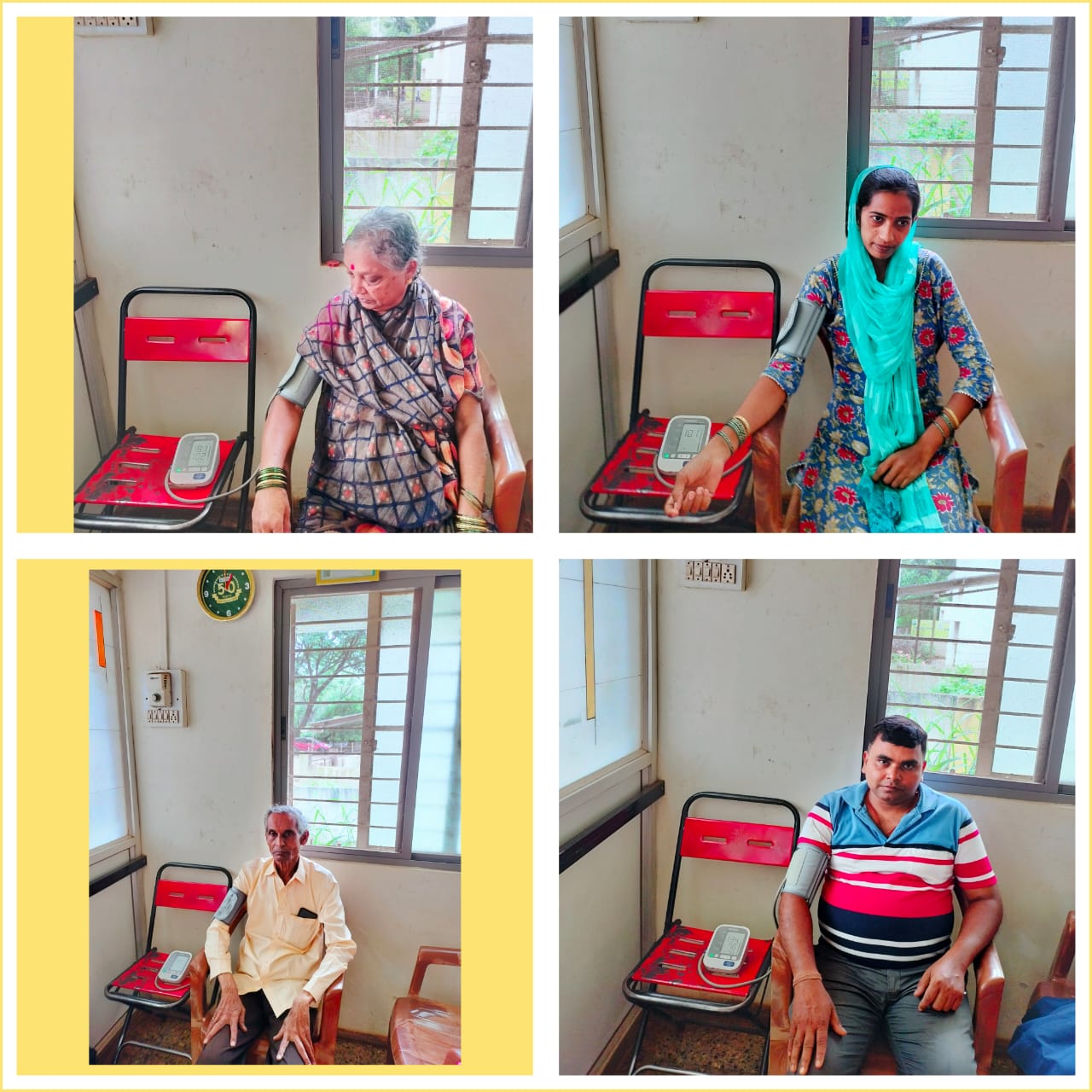UNIQUE STUDY ON COVID-19 AND HEART DISEASE SHEDS LIGHT ON LOW- AND MIDDLE-INCOME COUNTRIES
More than 4,000 patients from at least 22 countries are participating in a new global WHF COVID-19 Study, with around 79 per cent coming from Africa, Latin America and Southeast Asia. Analysis of the first

More than 4,000 patients from at least 22 countries are participating in a new global WHF COVID-19 Study, with around 79 per cent coming from Africa, Latin America and Southeast Asia. Analysis of the first half of patients is proving vital in many ways. For example, the study is helping to narrow the knowledge gap about disease progression and the medical and social burden in particularly hard-hit areas, in order to strengthen clinical practice and decision-making. The study is also unique as it includes a younger population, with an average age of 56 years, and captures a detailed view of related medical facilities and infrastructure.
The study is dedicated to better understanding COVID-19 and heart disease, and the ongoing findings are expected to aid its management and guide health policy in less resourced areas and beyond. More than a year into the pandemic, understanding its impact in low- to middle-income countries (LMIC) still lags, namely because most research has focused on data available from wealthier countries. The study aims to describe outcomes and identify risk factors associated with poor in-hospital prognosis and to present full analysis and results by November 2021.
“We applied a wider lens to areas of the world that are often not reflected in much of the emanating research. We believe our findings will offer insights and also highlight the needs of communities in ways that are critical to holistic future preparedness and healthcare planning,” said Professor Karen Sliwa, one of the study’s Principal Investigators.
Patients exhibited a range of underlying conditions including hypertension, diabetes, coronary artery disease, stroke, obesity, kidney disease, tuberculosis and HIV. While in-hospital deaths were close to 14 per cent, a further 4 per cent had succumbed to illness one month after leaving hospital and 1 per cent needed to be re-hospitalised. The leading mortality causes were respiratory failure and complications of heart failure including sudden cardiac death.
Another result of the study — inadvertent yet invaluable — is an emerging, interconnected group of experts spanning parts of the world that are often under-served in health provision or cost coverage. Via the digital means that marked the convening mode of pandemic times, regular consultations to progress the study have created a consortium of care. Healthcare workers and cardiologists involved at several sites have been able to strengthen respective life-saving efforts and build collective knowledge.
“In demanding circumstances facing a pandemic we can easily become silos, but this study has spawned a learning platform that can ultimately benefit communities, patients and practitioners who might otherwise be excluded from global research and data,” said Professor Prabhakaran Dorairaj of the Public Health Foundation of India (PHFI), one of the coordinating groups of the study, along with the Centre for Chronic Disease Control.
The study is partially funded by Sanofi Pasteur and Pfizer and supported by the WHF Science Committee with contributions from the Study Advisory Committee. The first findings are being presented at this month’s ESC Congress ahead of full publication later this year.






